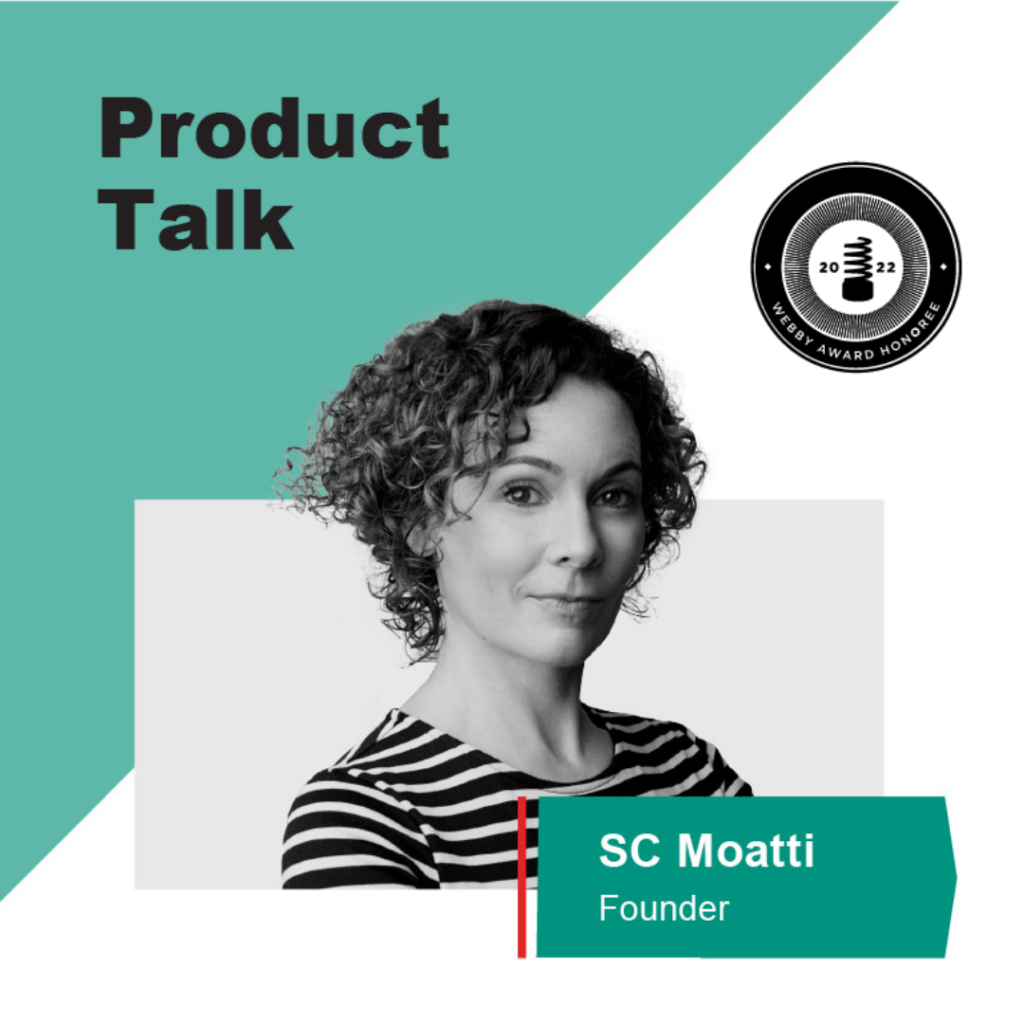We recently sat down with Cedar Co-Founder, Arel Lidow, to discuss what goes into building an industry-disrupting healthcare product. It’s a great conversation for anyone who is building a product that is fighting against the status quo of a long-established industry.
If you’re interested in hearing the entire conversation with Cedar Co-Founder Arel Lidow on industry-disrupting healthcare products you can listen to the full episode of Product Talk above. You can also catch the highlights of the episode detailed below.

On where the mission for Cedar began
Great companies start with one great idea and then grow from there to expand past a product and into a business.
“When we first started out, like most companies, you’re extremely narrowly focused on solving the one very micro problem. So for us, it was figure out how we can basically replace paper statements with a much better process after a patient has had a visit. Today, if you look at what Cedar does, we still do that. That’s the core of our business. But we’ve now expanded our vision.”
On their competition being the industry itself
While their focus is on creating a better user experience for their customers, it’s the industry itself that they need to work with (or against) to drive change and build an industry-disrupting healthcare product.
“In healthcare, the biggest competitor for us is really the status quo way of doing things. Most healthcare providers, they are pretty late adopters. They just went through this massive shift where they had to move over from recording all their health records on paper to actually using software and technology to record all their health records. So it literally just happened in the last 20 years. Many health systems are still in that process.
For us, it’s really about figuring out how we work alongside those existing systems that have a lot of that sort of capabilities and are sort of the legacy systems used for all interaction with patients. How do we kind of complement what they do and overlay that without changing the core process inside these systems and that our clients use internally?
On what makes a great product
One fact remains true whether you’re building industry-disrupting healthcare products or any product.
“There’s an infinite number of adjectives that would describe a great product or a bad product. But I think there’s one thing that probably stands above all of them. And that’s whether a product is actually adopted and used.”
On what makes a great product manager
According to Arel, great product managers know how to get their team to buy into a product or mission.
“Product managers need to influence others without having direct control. That’s extremely challenging to do. It’s probably the hardest thing that great product managers do well, is they find ways to get others really excited.”
About the speaker
Arel Lidow is the Co-Founder of Cedar Inc, which is trying to bring healthcare into the world of the modern consumer. He has a background in engineering, but has always accidentally ended up doing product related work. Prior to founding Cedar, Arel was the VP of Product Management at AppNexus.
About the host
Samantha Scott has carved an active history in product management, starting with NexJ Systems and moving from AppNexus to Etsy. Samantha is currently pursuing an MBA at Harvard Business School to further enhance her business acumen. Prior to that, she was the Director of Product Management at Capsule, a healthcare technology that provides clinical surveillance and medical device integration. Her career is backed by a Bachelor of Applied Science in Systems Design Engineering from the University of Waterloo. Before delving into products and product management, Samantha served as Toronto Hydro’s Compliance and Quality Analyst and TD’s Business Analyst.